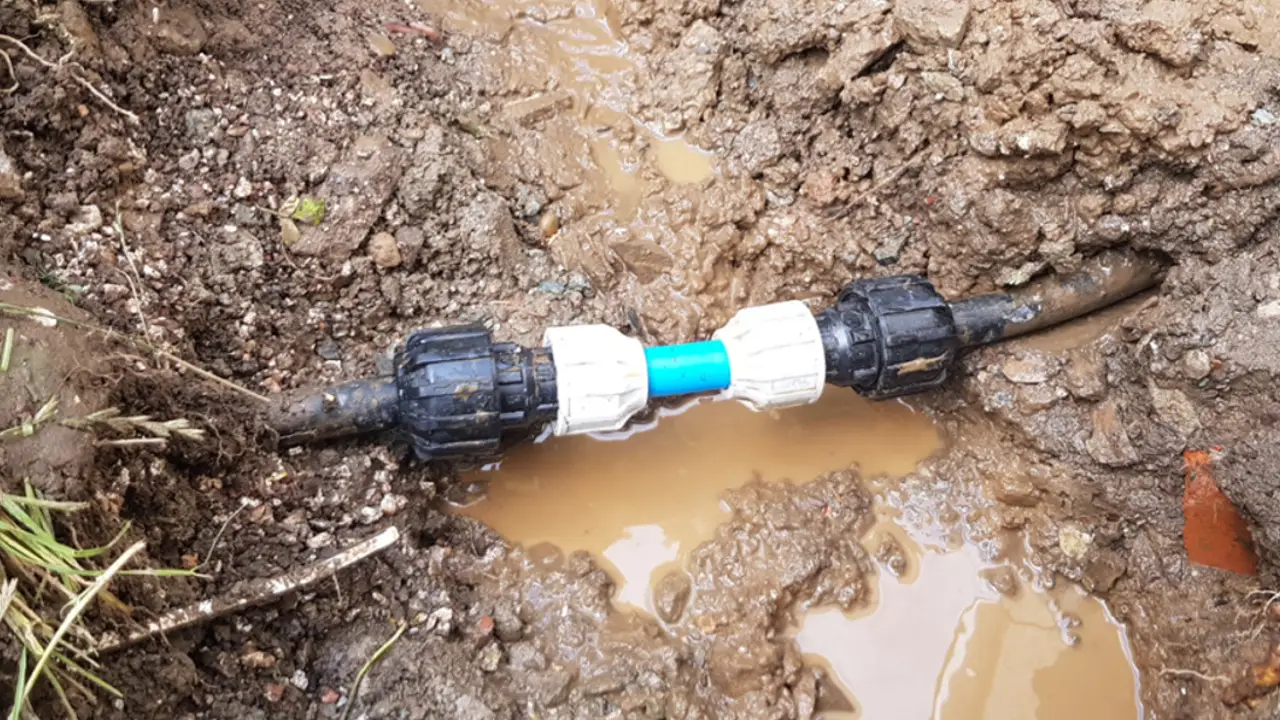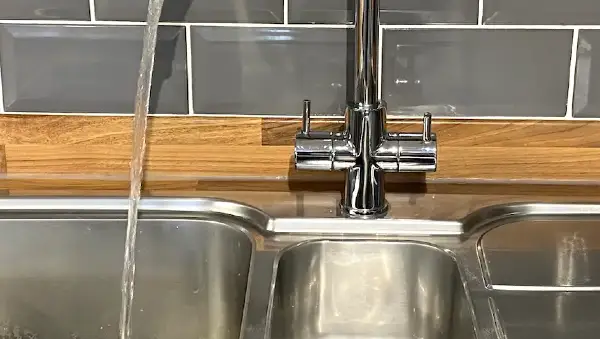Plumber cost per hour

If you have an emergency leak or small pipework job then you will hire a plumber by the hour and the average daily rate for a plumber in the UK is £41 per hour. Ask your plumber if there are any other charges such as; call out, parking, materials and collection etc. You can ask for an estimate for the job over the phone or a full quote so you know exactly how much you will pay (this will probably require a visit, possibly with a call out cost).
Rates can vary from £27 to £80 per hour depending on where you live, so expect to pay more in the South of the UK. In London for example, the average rate is £55 per hour.
See table with UK plumber cost per hour and see rates and get quotes in your local area
Plumber cost per day
If you have a large plumbing project like re plumbing a house, fitting new radiators throughout your home or fitting a new bathroom, then you should agree to a quote based on the day rate. A plumbers average daily rate in the UK is £256 per day but the regional fluctuations vary so you can pay as little as £180 in some areas.
See table with UK plumber cost per day and see rates and get quotes in your local area.
How to get the cheapest quotes when looking for a plumber
Plumbers who work for themselves are just as qualified and experienced as those working for a large plumbing company. They may have even started working for a larger plumbing company to gain experience before starting their own business.
By being an independent, self-employed plumber, the small plumbing business avoids many business costs, charging less for plumbing jobs and giving you the same quality of work.
Get quotes from self-employed plumbers and talk directly with the person who is going to do the job.
Choosing a plumber
Plumbers have vast knowledge with extensive skills and need a strong stomach to handle some jobs that can come their way like an urgent blocked toilet. Plumbers install, service and repair pipes as well as any items to do with a connection to water e.g. jet blasting a blocked outside drain or replacing a kitchen sink, plumbing in the water supplies to the tap and ensuring the sink is watertight.
To make a plumbing project less overwhelming, HaMuch has put together information including questions to ask to keep the project running smoothly, to how much to budget, as well as how to find the right plumber for you. We have prepared a table so you can compare rates of plumbers in your area and use our estimator to work out how much a plumbing job will cost. We have also prepared a table to help you with basic plumbing costs in your home.
Get comparison quotes
When choosing a plumber try to get 3 comparison quotes so you have a feel for the value of service and what is being offered at what price. Most important is to check what qualifications the plumber has – if they have a National Vocational Qualification (NVQ) and how much experience they have had in the plumbing world as so much to do with plumbing is down to problem solving.
Ask if your plumber is VAT registered and if yes, check if the quote includes VAT or if it still must be added. Don’t be afraid to insist on a ‘written quote’ to avoid any miscommunication errors during or after the project. Ask what different plumber’s payment terms are, if they only accept cash, bank transfers or have card facilities.
Nowadays people are moving away from paying by cheque so if that’s your preferred payment method, it is worth seeing beforehand if they will accept cheque payments.
When receiving a quote, material costs are often not included. Get advice from the plumber if you have to first source parts e.g. kitchen sink, bath hot and cold taps, bath or sink waste pipes on which trade / consumer shops they could recommend for you to pick up the parts you need at trade prices.
Also ask for the plumber’s opinion on their favoured brand to last the test of time (many companies have their own preferred prestigious bathroom suite… Bristan vs Grohe vs Mira).
If it is a company or even a ‘man-in-van’ you are choosing, having a quick Google for any reviews on their plumbing capabilities to see if other clients have had a positive experience. If you are using your plumber for a big project like a complete bathroom refurbishment, ask to see photos showing a ‘before and after’ of a comparable project.
As plumbing so often involves water at high pressure, chose a plumber who is insured and perhaps it is a good time to double check your own home emergency cover. Always when handing money over, protect yourself and ask for an email or paper invoice to create a paper trail of monies handed over and amounts still owing.
If you live in an area with parking restrictions, out of fairness to the plumber, organise parking nearby the property as he will need to make a few trips to his van for tools and parts during the visit and it is better he can focus on his job at hand rather than walking a mile to the van or worrying about getting a parking ticket.
When a plumber arrives to quote your job, be prepared with us much detail as possible; tell them why you have needed a plumber, explain how the system behaved before, if there is any leakage from a pipe or a drip from a tap clearly point that out, show any broken parts, move furniture or anything that may be in the way hindering a good visual inspection, explain what is happening that is your cause for concern, how long the system has been behaving in this way, give your opinion on what it might be, after all you have a better idea on the history of your property and finally be honest about any attempts made to fix the issue, whether that means having called in a previous plumber or yourself.
E.g. If the washing machine or dishwasher is not draining, say when you first noticed this, when last did it work correctly, make a note of any strange or unusual smells / noises associated with this issue and clear out the cupboard under the sink so the plumber has access to the waste pipes.
It is also important that if you have an idea of where you stopcock is, that you locate this before your plumber arrives, ready to show them, so if they do need to shut off the mains water supply for further investigative work, it is easy and possible, which will also keep down labour costs for less time in your home and an easier safer way to work.
A small repair job like fixing a pop-up plug or tightening a valve on a dripping kitchen tap might be easily rectified when the plumber arrives to have a look but a more involved job like a wet-room not draining or a power shower losing pressure will most likely involve a call out to quote before coming back with correct parts to carrying out the repair. Even a quick seemingly simple job to swap a traditional brass stopcock with a modern more effective Surestop might require two visits to your property.
Good communication keeps the plumbing costs down. This page is designed to help you understand how much a plumber will cost for plumbing work in your area. Click on a plumber link in your area to find a plumber near you.
